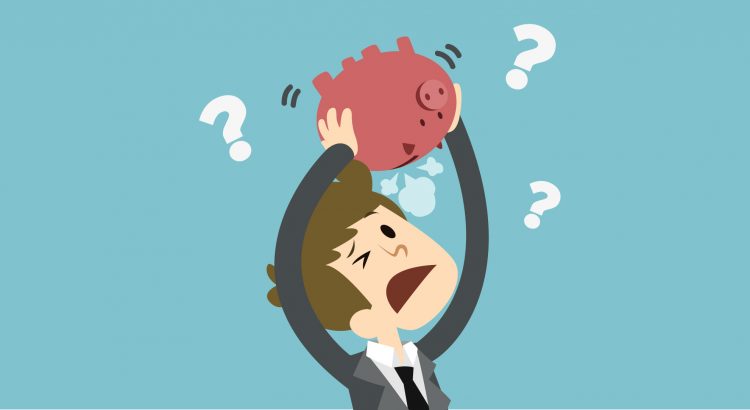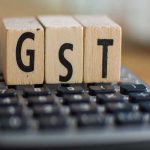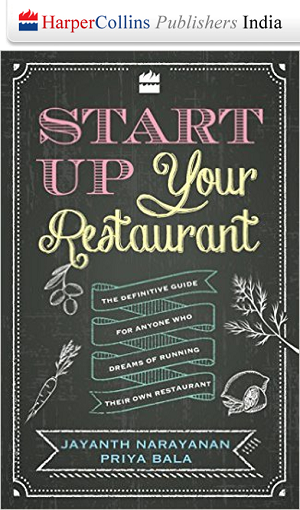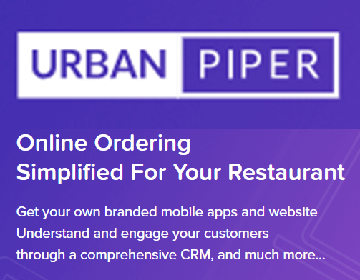
While there has been an allround outcry about the closure of businesses during the prolonged lockdown, the real impact on restaurants and most small and mid-sized businesses for that matter will be felt in May and June.
This is mainly because the restaurant business operates on a deferred expense model. Once the restaurant is set up, all the variable operating costs are incurred on a credit basis. We will use an example to illustrate this:
Ramji sets up a restaurant, Indian Tandoor. He spends close to Rs 50 lakhs, which goes towards rental deposit, kitchen equipment, interior work, licences, sign boards, pre-operating expenses etc, after which the restaurant is ready for launch. Ramji knows that sales will initially be slow and will pick up over three months. So he is prepared for some initial cash burn. Many of his suppliers of operating inputs – gas, food items, housekeeping, packaging material — offer credit, beginning with 15 days and extending up to 30-45 days during the first 3 months, once they get comfortable with the restaurant owner.
From the 4th month onwards, here is how Ramji’s restaurant operates:
Day 1 to Day 30: All the sales cash comes into his bank account the next day. The third parties through whom he does deliveries too deposit the cash on close to a T+3 basis (Transaction date + 3 days). Most aggregators deposit sales cash for the previous Monday to Sunday period on the Thursday. So the worst case scenario is that all his sales cash is in his account before the first week of the following month.
During this 30 day period, he buys several items needed to operate the restaurant: food items/raw materials, LPG, packing material, housekeeping supplies etc. For most of it he gets credit, which means Ramji has not actually paid out cash for most of his expenses in month 4 till the first week of month 5. Most of his other large expenses for month 4 – rental and maintenance, staff salaries, statutory dues, utilities — have also not been paid for yet.
Let’s assume Ramji’s restaurant has done sales of Rs 15 lakhs in month 4. By the first week of month 5, he has received Rs 12 lakhs into his bank account (Sales minus commission charges). He has probably paid out Rs 2 lakhs of expenses already (for some expense items where credit is not available). So he has 10 lakhs cash to be used for making all payments towards expenses incurred in month 4. In all probability he is still making losses, so the entire Rs 10 lakhs goes towards meeting these expenses. Plus, he still needs a lakh or two to pay off his month 4 expenses. He starts using sales cash from the first few days of month 5 for this.
Fast forward to month 12: Ramji is probably in a place where his month 12 sales cash is what is being used to pay off his month 10 and 11 expenses and a few month 9 expenses, to vendors who haven’t asked hard enough.
Covid-19 strikes in this situation. So month 13 sales (March 2020) is down. Still 13 days of normal sales, 10 days of lower sales and 7 days of some delivery sales, has meant that some cash flowed into Ramji’s account. With this he manages to pay off critical expenses, uses some of it to procure goods on a cash & carry basis, due to unavailability of stock with existing suppliers who give him credit, and even pay some part of employee’s salaries.
The real impact of the lockdown will be felt in May and June, when the inflow of sales cash is down to a trickle and is nowhere close to the expenses incurred and past dues over month 11,12 and 13 that have been carried forward. This is the real problem restaurateurs will face in May and June, even if the lockdown ends.
This carry forward or deferred expenses model is also the primary reason many restaurateurs have consistently signed up for unprofitable deals with third party aggregators. These deals bring in sales and keep the cash flowing in and keep the restaurant on life support, as it were. But without profits all they are doing is postponing the inevitable.
So the real problem facing the industry today is that the businesses are just not making enough profits, contrary to the perception of customers, vendors, government staff, cops and tax authorities. So crises such as the present one are, in some ways, a wake-up call for the industry to start focusing on profitable sales. Without this, it will continue to be an industry that is on life support perennially, new operators simply replacing the ones that shut shop and going through the same painful journey.










